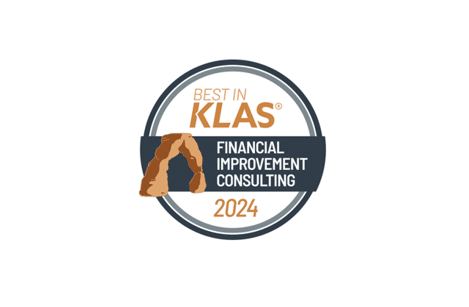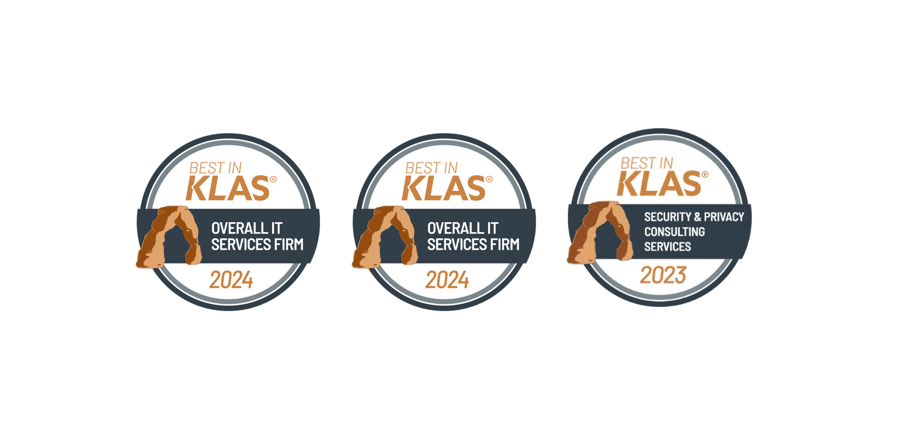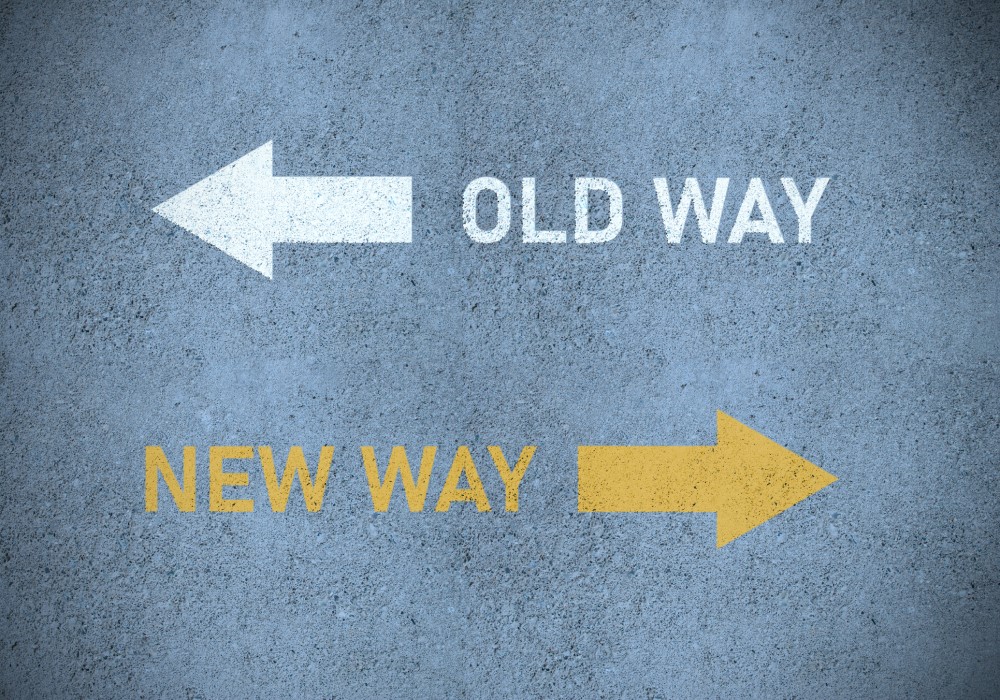Consider All Resourcing for Data Conversions

When converting legacy data as a part of implementing an EMR, various resourcing requirements are often overlooked and can be an impediment to a successful project. While there is consideration given to resourcing the technical aspects of data conversions, other resourcing considerations are easily overlooked due to the complex nature of implementing your EMR. Detailing the resourcing considerations when it’s needed and minimizing project conflicts for these resources will ensure a successful data conversion.
Read on for some areas to consider.
Technical Resourcing Considerations
Typically, technical resource planning is thought of as needing integration expertise to handle data from several disparate systems into your new EMR. Are you tempted to have these technical resources work on integrating future state integrations for the EMR? Though these resources have vast expertise integrating various interfaces and are eager to work on these initiatives, as well, resist this idea. Though you may think you are saving some project costs, attention ends up being split with diminishing effort for conversions and new integration efforts. Also, the number of hours devoted to these efforts remains the same. Thus, fewer resources need to devote more hours for the various efforts, meaning you may not find that inherent cost-savings you were expecting.
Another resource item to consider is the associated involvement of the project team’s application analysts. Preferably, the analysts should understand legacy workflows and access to these systems. Such expertise in the legacy systems allows them to not only understand inherent workflows when designing their new EMR, but it also serves as a guiding source for what is seen in the legacy system and can better assist in designing the data conversions and more efficiently perform mappings within the new EMR. Also, these experienced application analysts can readily understand data when doing small-scale validation between systems and are valuable in translating the needs from subject matter experts and clinicians as they view data in the new EMR.
Operations Resourcing Considerations
As the implementation process continues, getting operations involved in validating converted data becomes paramount. Though your application analysts may have a wealth of knowledge of the legacy system and can do some data validations, they have a responsibility to devote time to their necessary build and testing to ensure a successful EMR implementation. Utilizing operational subject matter experts and clinicians typically allows for a more objective review of how the data will look in the new system, and they can give recommendations, confirm accuracy, and answer questions such as:
- Are these recourses being used elsewhere in the project?
- Are these subject matter experts on various project design meetings?
- Are these clinicians involved in review meetings?
- Are these folks validating new build?
- Are you expecting some of these resources to manually enter data in the new system?
- Are these same clinicians providing patient care?
Careful consideration needs to account for operations availability. Because operational leadership ultimately should be signing off on the data conversions, having subject matter experts from operations involved should be required. We also recommend having a specific set of operational resourcing devoted to data validation and application design for handling legacy data so as not to bog down other resources when additional project tasks come up.
Working on a resource plan for all parts of the data conversion effort will help identify and mitigate the resourcing needs for not only a successful data conversion effort, but also a successful EMR implementation.
























